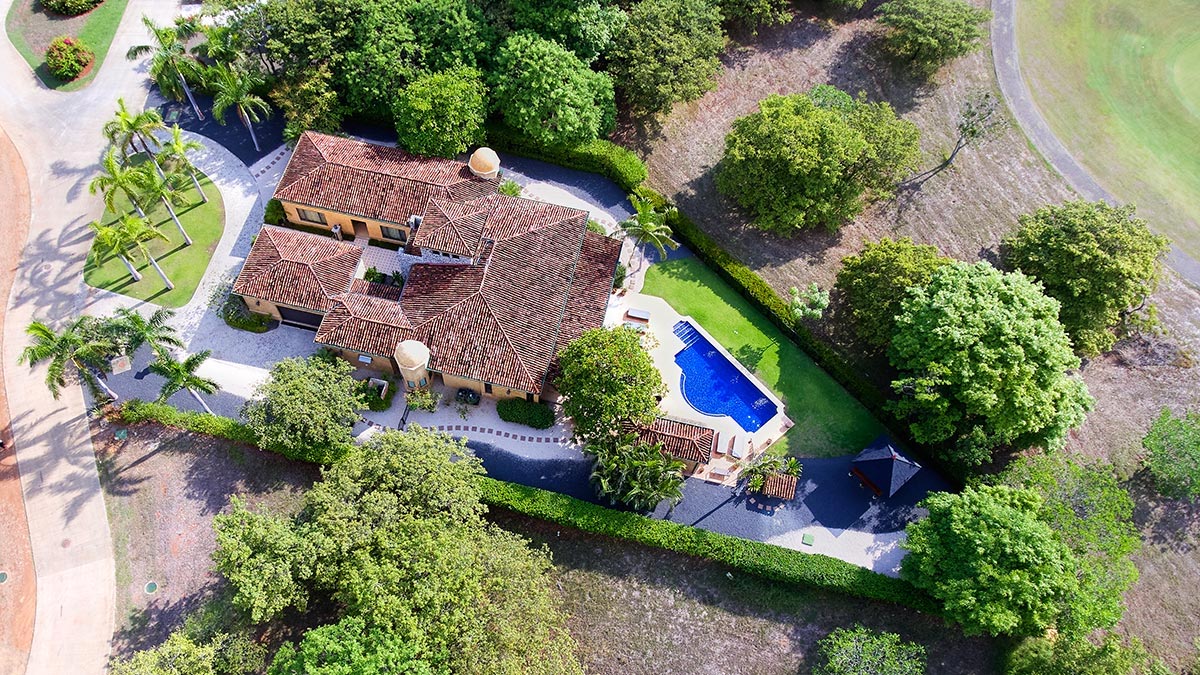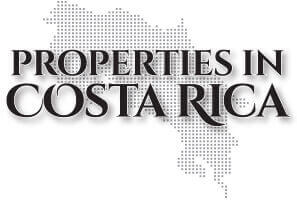How Do You Become a Real Estate Broker in Costa Rica?
Search Your Property

Whether you’re an American looking to transition into another market or a native Costa Rican who wants to make a career change, you’ll find plenty of opportunities in Central America.
Since Costa Rica is a popular vacation destination as well as a country that attracts a lot of retirees, it often attracts foreign visitors and Americans who wish to spend the rest of their lives there. It isn’t hard to see why.
With sprawling oceans, beaches, and incredible weather, it makes a lot of sense why real estate brokerages would thrive as long as they staff the right agents.
Many foreigners travel to Costa Rica to find success in real estate, which brings us to our question, “how can I become an agent or broker in Costa Rica?”
Do I Need a Real Estate Licence in Costa Rica?
No, you don’t need a real estate license in Costa Rica like you do in the USA. Costa Rica doesn’t have a multiple listing system (MLS) nor a real estate licensing law.
To become a Costa Rican real estate agent and/or open up a business, you only need to be a legal citizen because that allows you to hold a job in the country. All agents require a website for marketing purposes, a couple of listings, and some clients to get their business off the ground.
It helps to know a thing or two about the Costa Rican real estate industry, but it isn’t a requirement. You won’t have to take a test to prove that you know anything about federal or state law pertaining to real estate, but you will receive more clients if you speak Spanish.
Costa Rica vs. the United States: How Are They Different?
Whereas Costa Rica doesn’t have any real estate licensing requirement, U.S. real estate brokers and agents must have a license to sell property in their desired state. At the same time, they have to follow federal law requirements as well as state and municipal laws that regulate the industry.
In Costa Rica, real estate agents can become brokers right away, whereas U.S. agents have to work for several years before they can transition into this role. U.S. agents also need to apply for a brokerage license, proving they’re able to run their own brokerage.
Does Costa Rica Have a Real Estate Association?
Costa Rica currently has only two associations currently allowing membership from agents. The first and most prominent association is the Camara Costarricense de Bienes Raíces (CCBR). Since the 1970s, they’ve accepted other foreign and local agents into their fold.
The other, Costa Rica Global Association of Realtors, was founded by a United States citizen working in Guanacaste. For American’s that aren’t well versed in Spanish, the Global Association of Realtors is more likely to suit your needs.
Members can join these associations voluntarily, but keep in mind that they’re self-regulated and have separate internal structures.
Will Costa Rica Ever Require Licensing?
The CCBR has tried to work with the Costa Rican government to enforce a real estate agent licensing law. Unfortunately, the CCBR hasn't gained much traction. Without proper legislation, just about anyone can sell you a house, be they a crook or honest salesman, which has proven to be a problem.
With more regulation, the real estate industry becomes fairer and less saturated with foreign expats. While there’s nothing wrong with foreign citizens getting into the real estate market, as it still keeps money within the country, it has led to fewer employment opportunities for native Costa Ricans.
In April 2018, the CCBR attempted to work with local legislators again to establish licensing requirements for brokers and agents. Bill #20761 (Ley Reguladora de la Correduría de Bienes Raíces) states that a person involved in real estate must be licensed before they can sell homes.
Licensing would require coursework, testing, and knowledge of the industry, meaning license requirements would mimic the United States. This would open up the market for native Costa Rican citizens, promoting job growth and funneling more money into the local economy.
What Would Bill #20761 Entail for Costa Rica?
The Ministry of Economy, Industry, and Commerce would oversee licensing in Costa Rica, which makes sense as they currently govern the consumer protection agency. The law would deny anyone from working as an agent or a broker without a license.
Violations would lead to a monetary fine, a license suspension, or an indefinite suspension for consistent violations.
The current CCBR President, Ana López, has said the bill is essential for protecting all parties involved in the home or business transaction process. At the same time, these new laws would ensure that citizens comply with real estate tax obligations, which is key in preventing money laundering.
